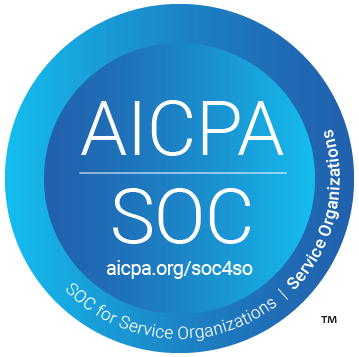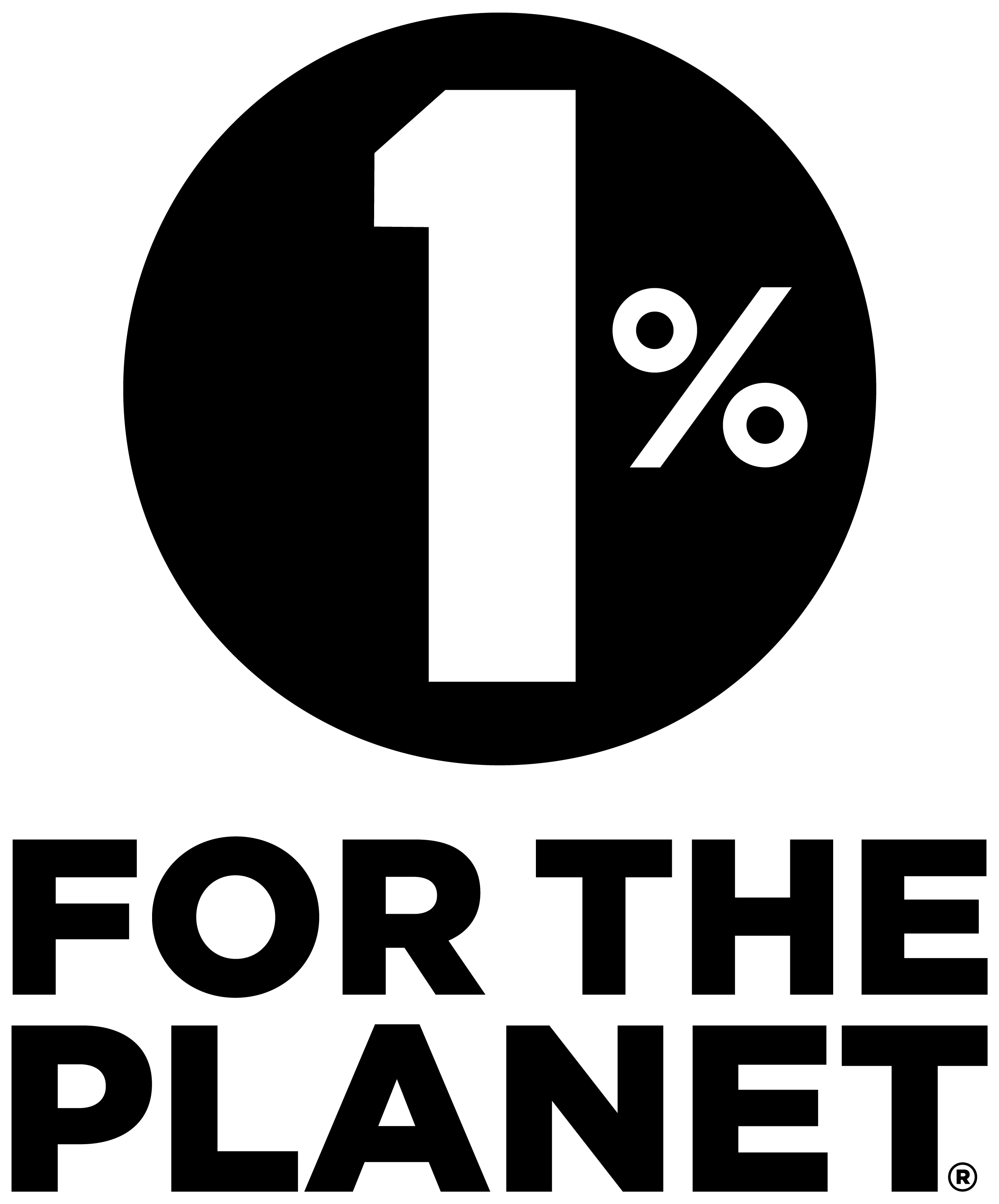Marion — Bend’s methodology advisor — is an assistant professor at the Grantham Research Institute for Climate Change and the Environment, at the London School of Economics. She holds a PhD in Sustainable Development from Columbia University, and a BSc in Earth Sciences from MIT. She lives in London with her husband and two sons, plays flute in a Balkan music band, and enjoys cold open water swimming.
The problem we’re tackling
A growing number of companies are stepping up and addressing their climate impact, motivated by mounting market pressure, and the fierce urgency of now. But tracking emissions today is difficult, slow, and expensive.
This is particularly true as companies try to get a handle on the emissions from the goods and services they buy — their ‘scope 3’ emissions — from corporate travel, to cloud hosting, to advertising, and beyond. These emissions are notoriously difficult to measure. But they’re too important to ignore: for most companies, they make up over 80% of their total emissions. Our goal at Bend is to help companies automate the measurement of these scope 3 goods and services emissions.
How Bend works
At Bend, we start by pulling in realtime spend data from your corporate card or accounting software. We then try to understand the ‘carbon intensity’ of each purchase, from the $10 taxi through to the $100,000 purchase order.
Many companies — particularly large ones — disclose their greenhouse gas inventories according to the Greenhouse Gas Protocol accounting standard. We aggregate this data from published annual sustainability reports, and use it to generate merchant-specific emissions factors. So whether you’re purchasing a coffee at Starbucks, or paying off your AT&T phone bill, Bend will match these transactions to the corresponding merchant factor. The formula is simple: your spend × the carbon intensity of the corresponding vendor = your share of emissions, in kilograms of CO2e.
But of course not all businesses disclose their greenhouse gas emissions. While we’re able to match the majority of spend to a merchant-specific factor, the majority of merchants of course don’t yet disclose this data. For example: while Starbucks publishes their greenhouse gas inventory info, odds are your local independent coffee shop does not. We need a backup option to cover these smaller merchants.
Fortunately, every card transaction includes a merchant category code (MCC). When we don’t have a merchant-specific factor, we fall back to a category average. We’ve developed a set of category factors that correspond to a given merchant category code, currency, and year.
Deep dive — how we calculate category averages
To understand how the average emissions factors for a given industry are calculated, picture the global economy as an interconnected web of inputs and outputs. National statistical offices tally these inputs and outputs, as well as import and export flows. Bend uses a database called Exiobase which combines all these national statistics (to be precise, it covers 44 countries and 5 larger regions encompassing the remaining countries, across 183 sectors).
Such a database allows us to determine, for example, how many dollars worth of iron ore were mined in China for a given construction project in the USA.
This economic activity data is then coupled with environmental accounts. These environmental accounts tell us the quantity of pollutants directly emitted by an industry. For example, it would tell us the kilograms of CO2 directly emitted for each dollar of iron mining in China, through to the downstream emissions for each dollar of construction in the USA, and everything in between.
Ratcheting up emissions resolution
This spend-based category approach is fast and transparent; a useful way for companies to identify their emissions hotspots and decarbonization opportunities. But there are big gaps.
There is a lot of variation within spend categories. For example a burger place and a salad place will both come through with the ‘restaurants’ category (MCC 5182) — but of course these two merchants have very different climate impact profiles.
The solution to these shortcomings is more data. As more companies disclose their emissions — ideally down to the line-item level — we can make higher-resolution decarbonization recommendations.
If you’re interested in learning more about Bend, please get in touch!


